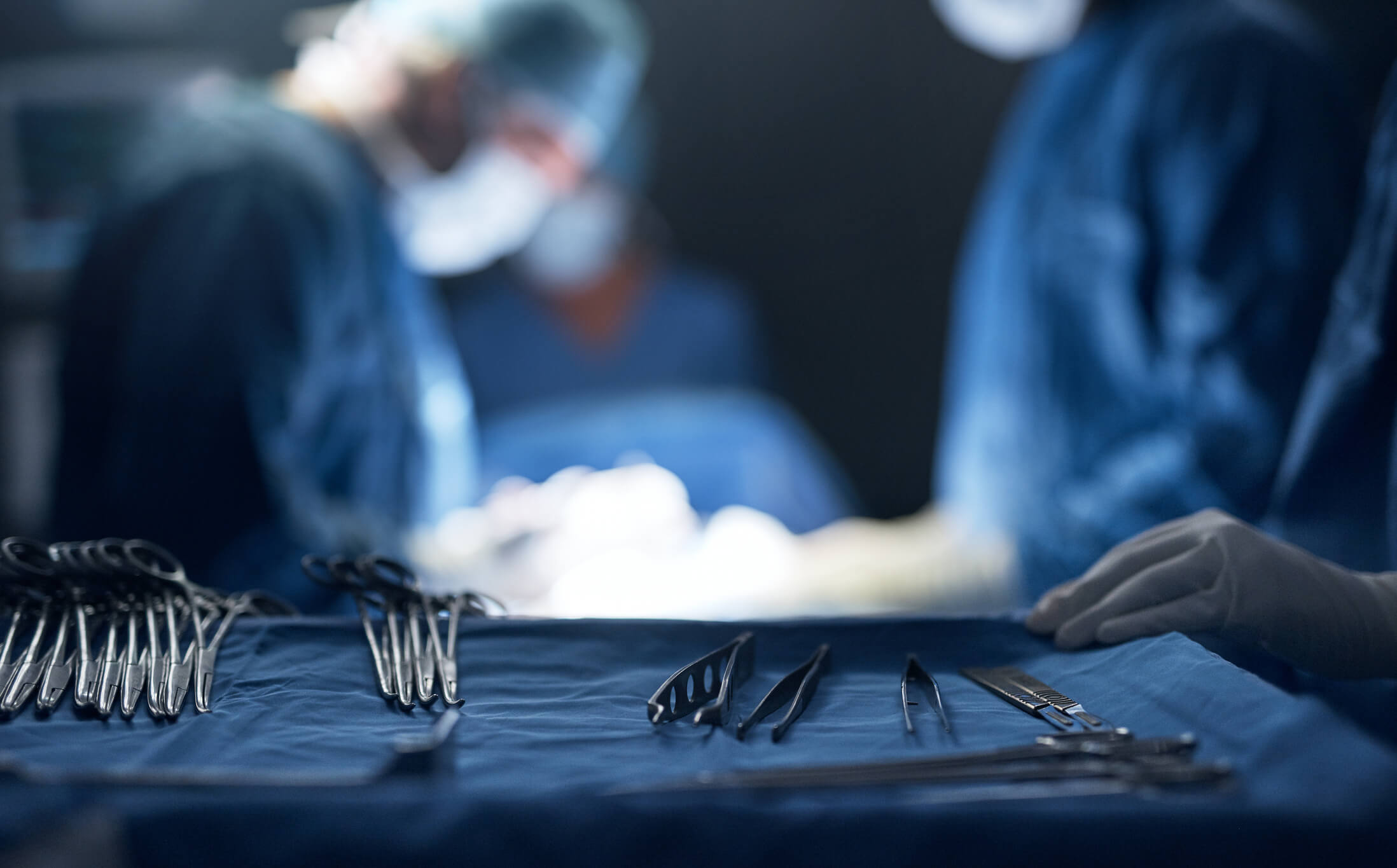Going into surgery is a scary experience. The thought of a long recovery can also be overwhelming. Unfortunately, surgery is not the end of the scary experience for some. In certain instances, medical instruments used in the surgery are left inside the person who was operated on. The retained surgical instrument can have serious implications for the health and well-being of the patient. Retained surgical instruments are frequently the basis for medical malpractice claims.
What are some retained surgical instruments?
Think about all of the tools and instruments that are used in surgeries. Without exercising the proper level of care, any of these things could be left behind in the surgical patient. Examples of retained surgical instruments include:
- Clamps
- Forceps
- Gauze
- Knife blades
- Needles
- Safety pins
- Scalpels
- Scissors
- Scopes
- Sponge
- Towel
- Tweezers
Depending on the instrument left behind and where it was left behind, there can be some serious complications associated with the retained surgical instrument. Sometimes, the complications can prove fatal. Other times, the side effects may be mild and the person will not suffer any health complications. However, even if no serious health complications present themselves right away, they may develop and become very serious. For instance, surgical sponges may rot when left inside the surgical patient. This can result in pus and bacteria building up causing life-threatening ulceration. Ulcerations can rupture. The rupturing leads to the infection spreading through the body, resulting in widespread infections.
Sharp objects, such as a blade, needle or scalpel, can end up puncturing organs or blood vessels leading to internal bleeding. The internal bleeding may go unnoticed for too long. Failure to promptly address the internal bleeding can result in an infection, leading to sepsis. Additionally, the internal bleeding may lead to a serious iron deficiency. The bleeding may even prove fatal.
When a retained surgical instrument has been found, additional surgery is usually required. This means more costs, health consequences, and recovery time for the patient. In certain cases, a retained surgical instrument becomes fused with internal body tissues. These tissues and organs will usually need to be removed. In addition to the removal of the retained item, the complications that resulted from the retained surgical instrument will need to be addressed. Any infections will need to be cleared up. Damage caused by the instrument will need to be repaired.
The patient, in addition to more surgery, may need IV medications and fluids. In some cases, a blood transfusion will be necessary. The patient may also need follow-up care in the form of physical therapy. Even after a retained surgical instrument has been located and addressed, the patient may be left with a permanent disability.
Pennsylvania Medical Malpractice Attorneys
Surgery is scary, it is expensive and it can be a major disruption in your life. Think about those who continue to suffer after all of this due to a retained surgical instrument. The pain, suffering, and the massive financial strain that a victim of this kind of medical malpractice has to cover is tough to fully comprehend. That is why the trusted medical malpractice attorneys at Cooper Schall & Levy relentlessly fight for our clients. They have suffered more than anyone should and we are here to help them move forward. Contact us today.


